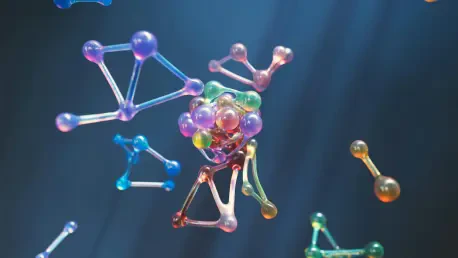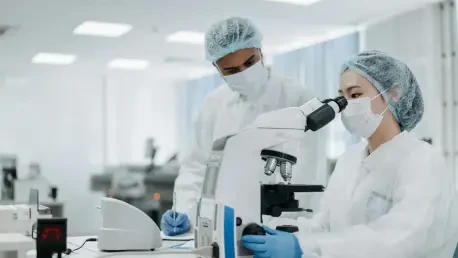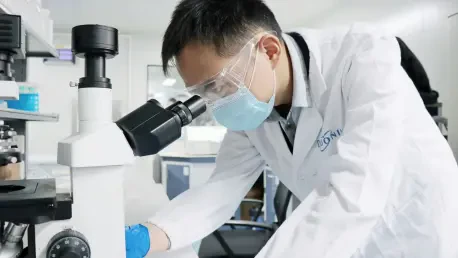
Axolotls, members of the salamander family, have long fascinated scientists with their unparalleled ability to regenerate lost body limbs. This extraordinary feat is accomplished not just by regrowing tissue, but by accurately determining the correct structure to form at the site of loss. The

In the rapidly changing landscape of global security, the biodefense industry stands as a critical player, responding to increased threats of bioterrorism and infectious diseases. Governments worldwide are ramping up investments and developing policies to enhance emergency preparedness and

In recent years, the aging global population has brought significant attention to age-related health issues, especially sarcopenia—a condition marked by the loss of muscle mass and function. As traditional approaches such as exercise and nutrition struggle to counteract the cellular dysfunctions

The biopharmaceutical industry finds itself at a crossroads as the ever-increasing global demand for pharmaceuticals necessitates a reevaluation of traditional manufacturing approaches. With escalating costs and inefficiencies hindering timely drug production, the sector is turning towards a

The dental soft-tissue regeneration market is on the cusp of a significant transformation. This sector is poised to reach a staggering valuation of $0.53 billion by the decade's close, with a robust compound annual growth rate of 6.8%. This promising trajectory is largely fueled by a rise in the

Cancer treatment, long considered a formidable challenge, has seen significant advancements with the collaboration of engineering and biomedical sciences. The Cancer Bioengineering Collaborative represents a milestone in merging these disciplines to revolutionize cancer diagnosis, monitoring, and